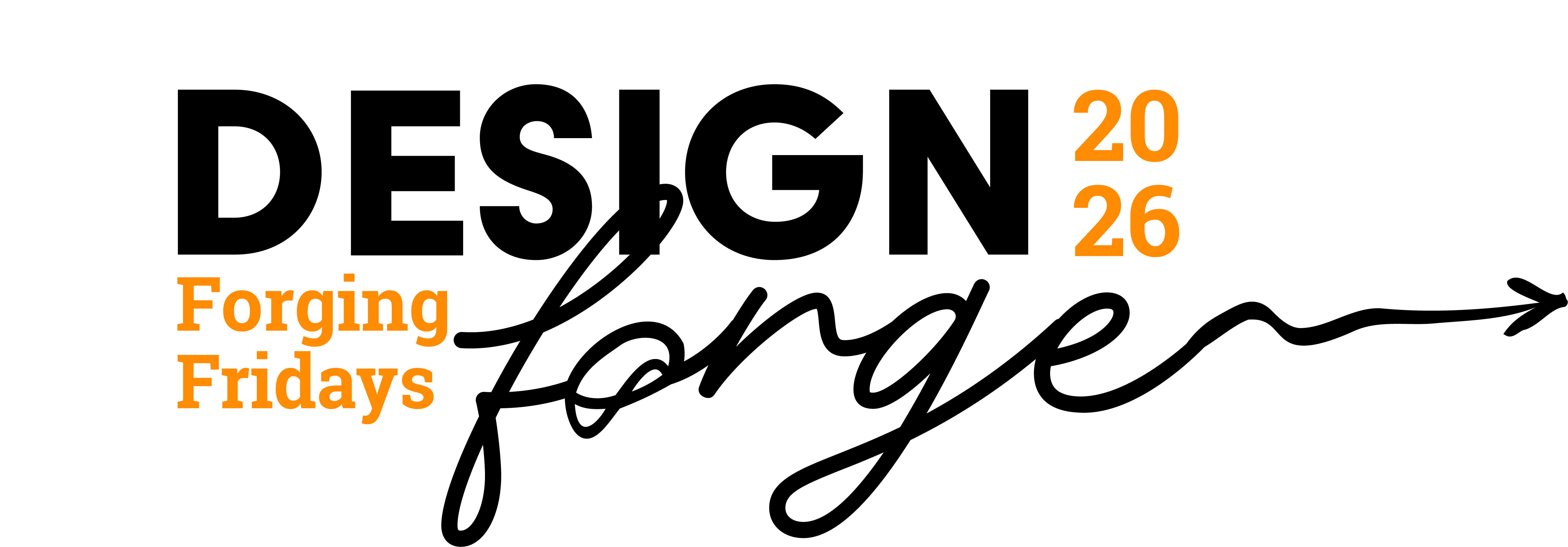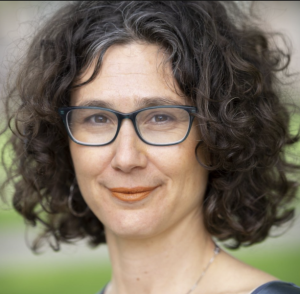
Introducing Forging Fridays
This 2026, join us for Forging Fridays—a once-a-month workshop series for meeting and learning directly from the creators of emerging design strategies, methods, and ideas. Together, we’ll adapt and implement strategies that make a real impact on our professional, personal, and civic lives. Come away with practical tactics for executing these strategies in our professional, personal, and civic lives.
The series features five virtual sessions from January to May.
Last Friday of the month
14:00 EST
Free Access
Michal Osterweil
January 30

Co-author of “Relationality: An Emergent Politics of Life Beyond the Human” with Arturo Escobar and Kriti Sharma. Associate Professor, The University of North Carolina, Chapel Hill
Slippages to Portals: A Laboratory for Practicing and Implementing Relationally
In this session called “Slippages to Portals: A Laboratory for Practicing and Implementing Relationally,” Michal Osterweil will delve deeper into the possibilities and limitations of applying the framework and principles of relationally introduced in the book. Attendees will explore how to implement the five principles of relational politics (contingency, emergence, radical uncertainty, non-normativity, and heart-based epistemology) and delve into the concept of slippages to recognize how “slippages” can become portals.
Lesley-Ann Noel
February 27
Dean of Design at OCAD University
Designing the Worlds that We Need Right Now! Our Collective Responsibility to Create Social Change
In this session called “Designing the worlds that we need right now! Our collective responsibility to create social change,” Lesley-Ann Noel will share key ideas and frameworks from the book “Design Social Change: Take Action, Work Toward Equity, and Challenge the Status Quo.” Attendees will learn and discuss practical strategies to integrate social impact into their creative practice and leadership.
Haley Fitzpatrick
March 27
A Design Associate at the MonViso Institute, a Senior Advisor at COBALT (Collaborative for Bioregional Action Learning and Transformation) in Portland, Maine, and Research Initiatives Manager at the Transformations Community.
Rafe Steinhauer
April 24
Wayne Li
May 29
The James L. Oliver Professor, holding a joint position between the Colleges of Design and Engineering at Georgia Institute of Technology, while also serving as a principal design consultant at Wayne Li Design.
Design Process Mindsets: Switching Neural Networks for Social Impact and Participatory Design
What are the mindsets and design behaviors that produce the most meaningful and transformative outcomes for designers, practitioners, and learners? Building upon the teachings of his recent publication, Design Empathy and Contextual Awareness: Frames of Reference for the 21st Century Creative, in this session, Prof. Li takes you through how to identify when and what mindsets to use in your design thinking process. By being cognizant of and switching between the mindsets you use when designing in relationship, you can more fully leverage collective social impact.





